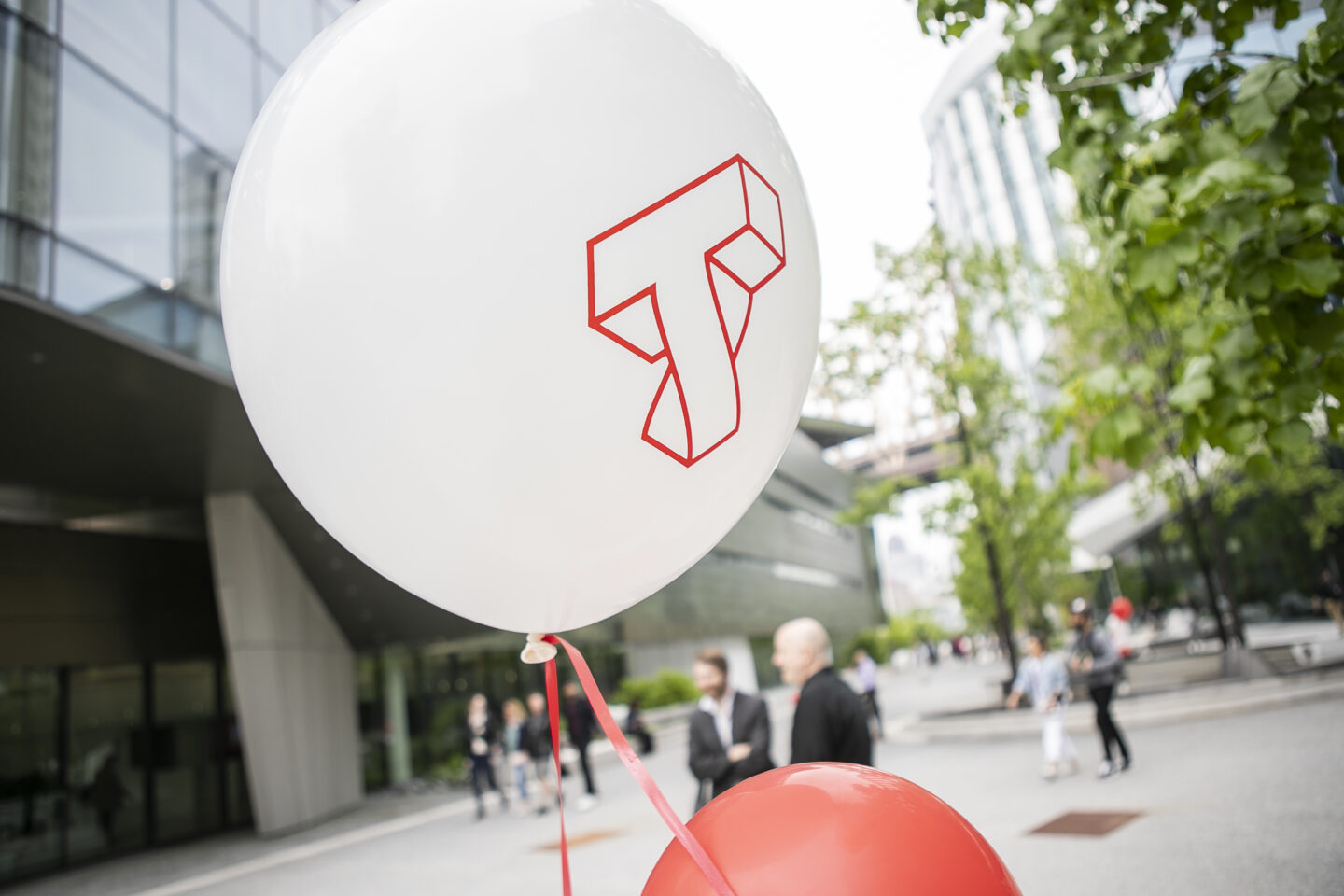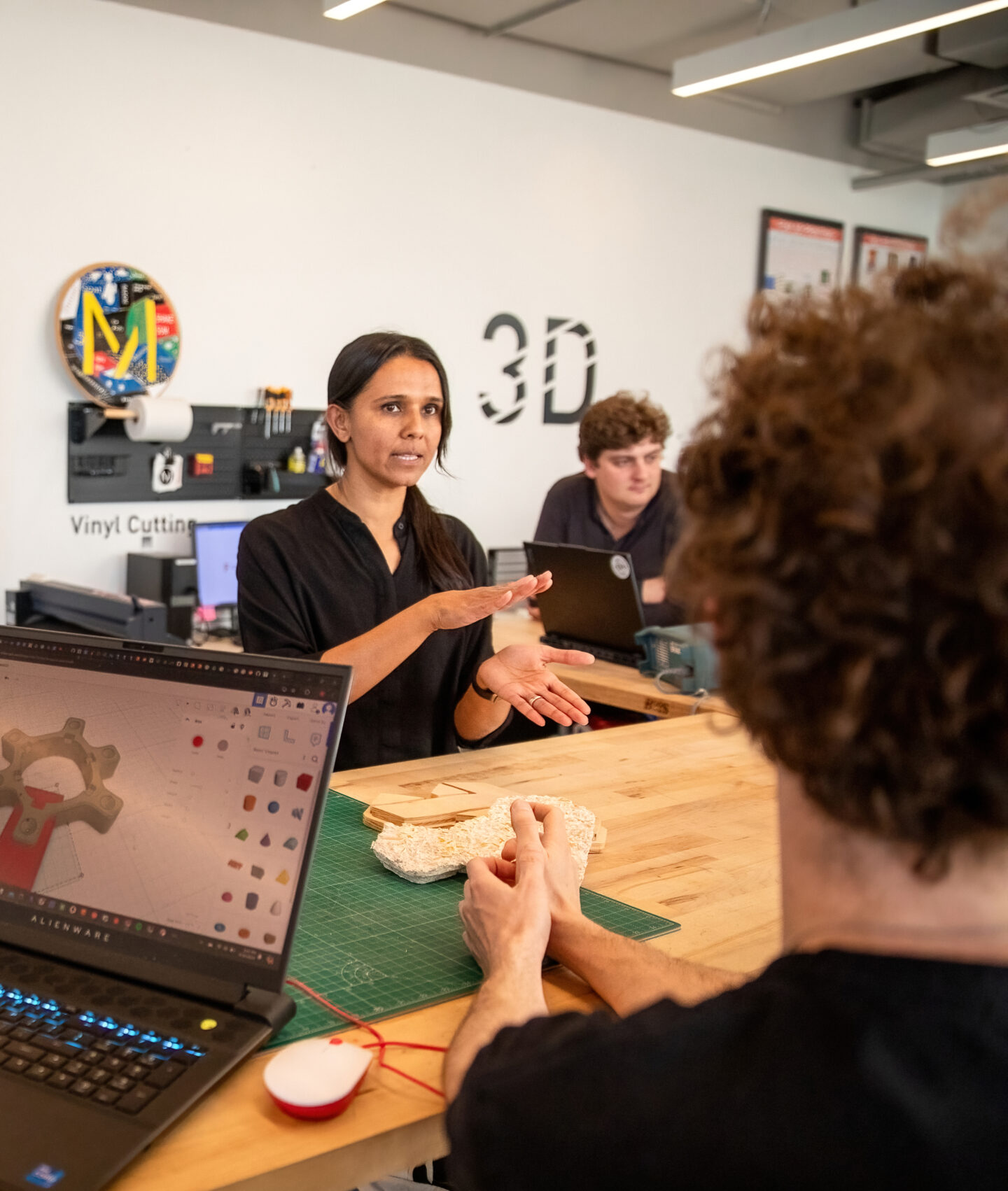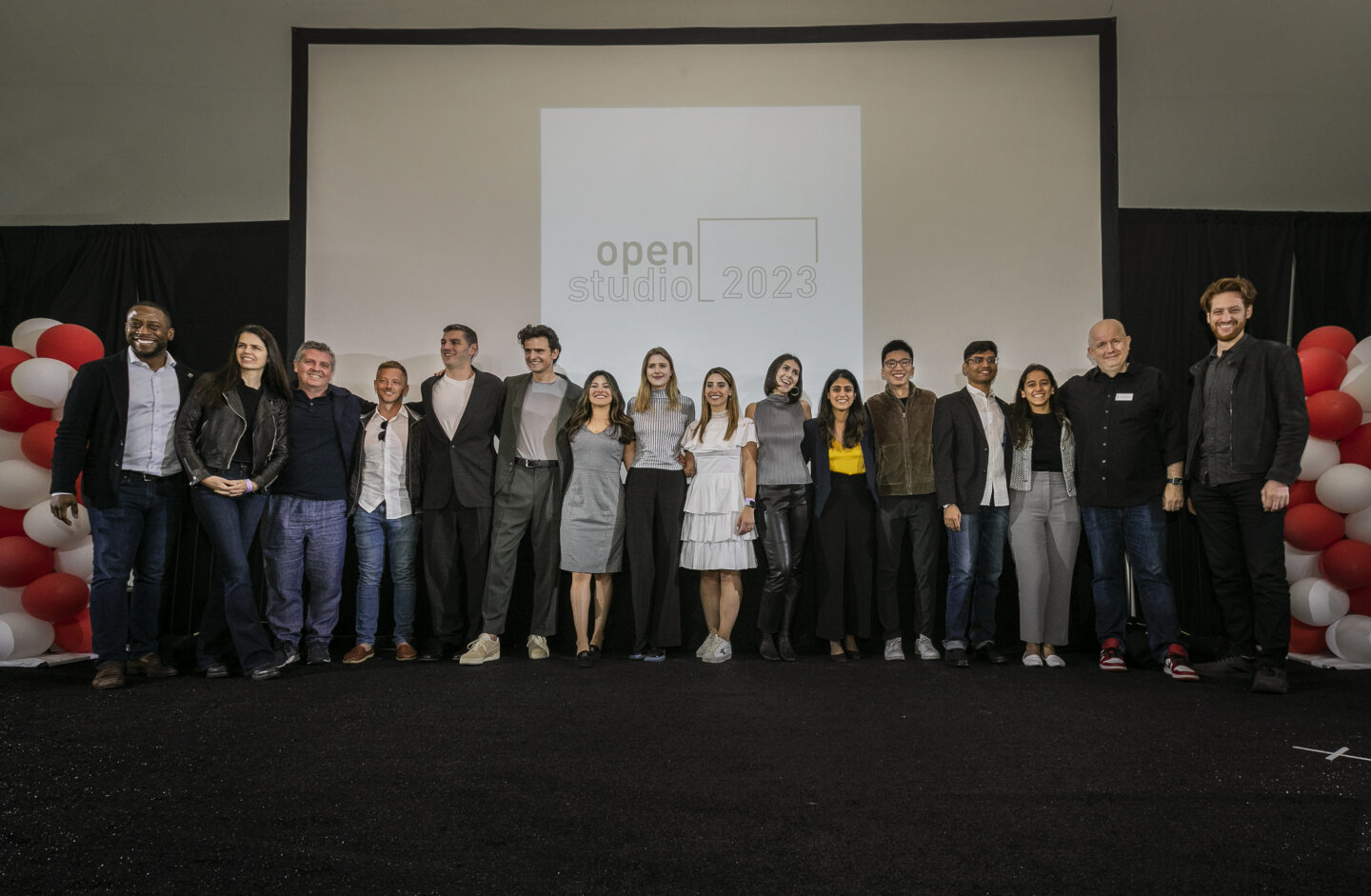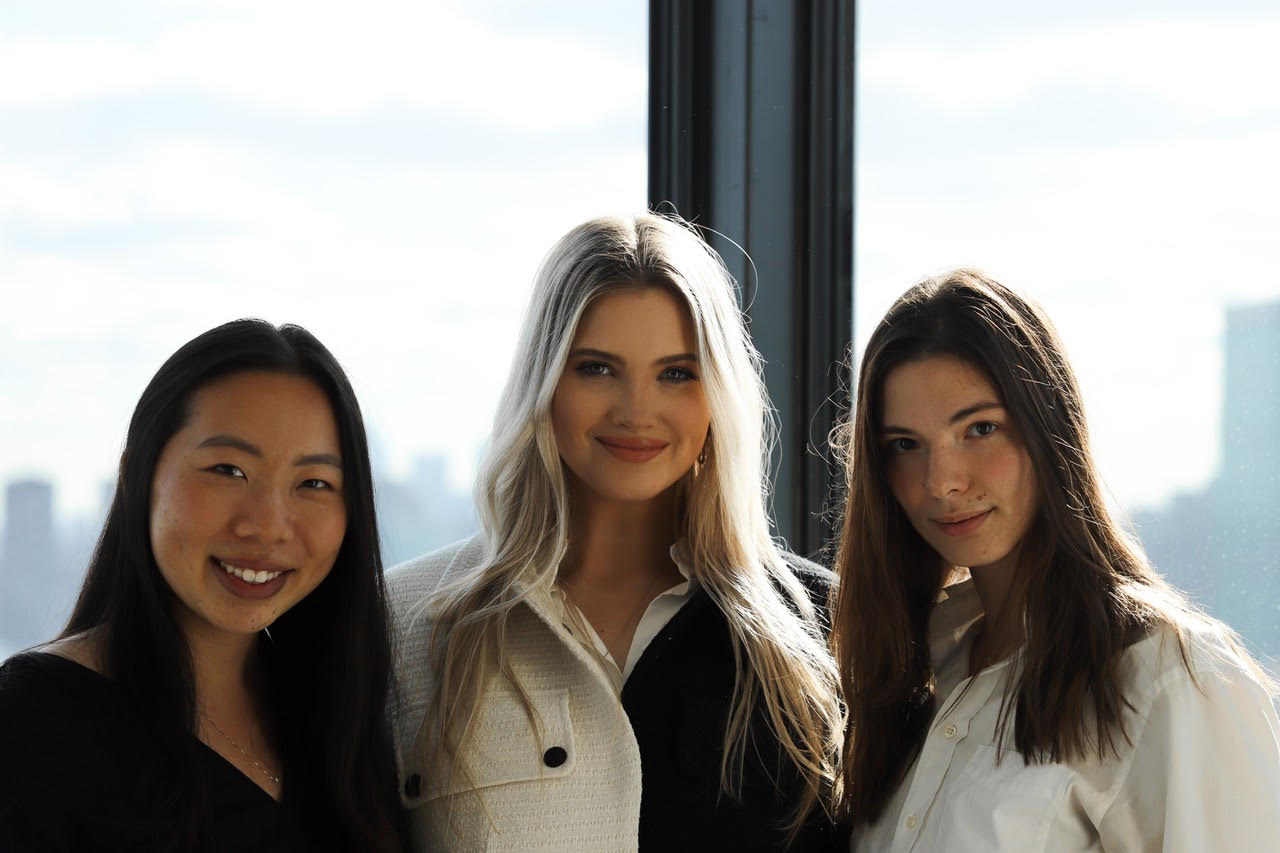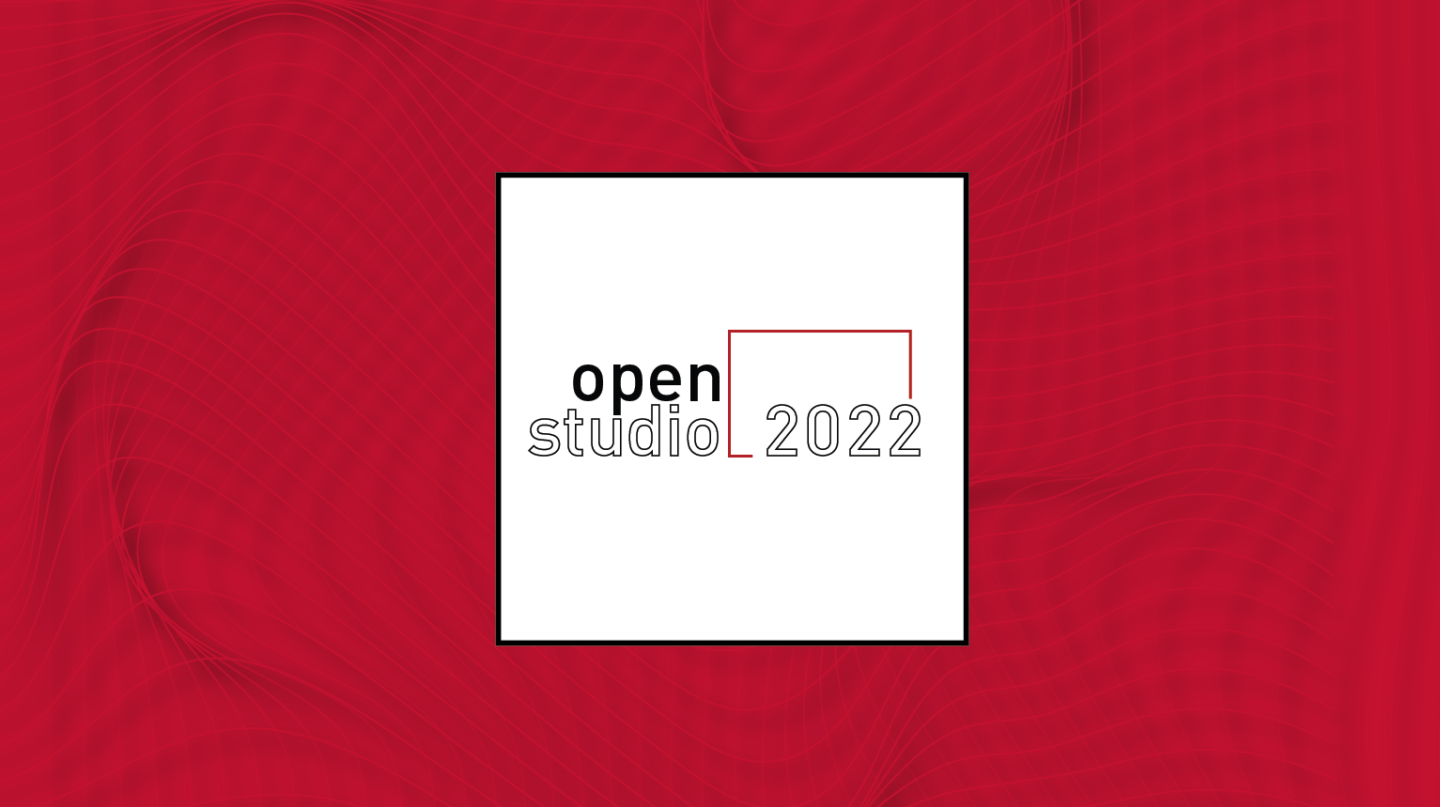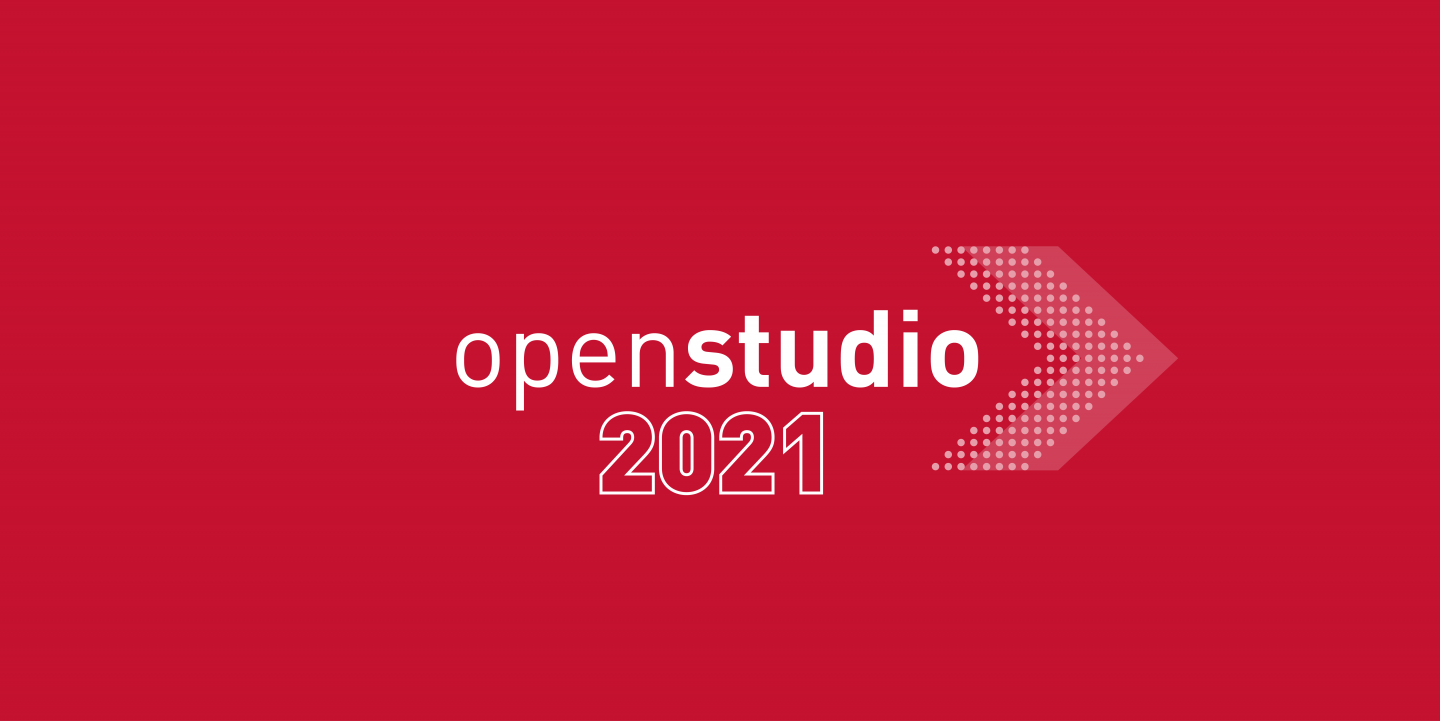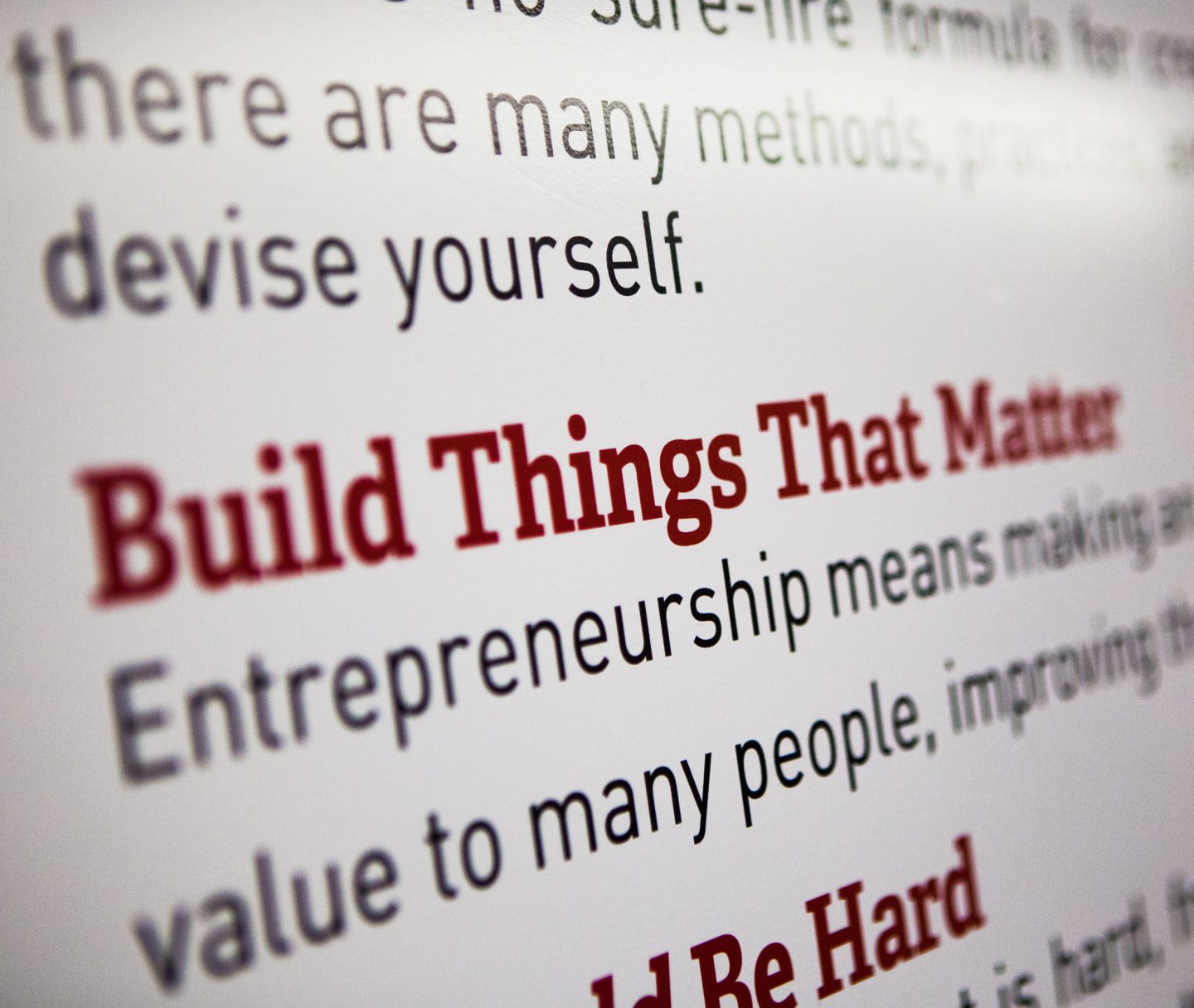
Become a BigCo Partner
2020 BigCo Studio Practitioners
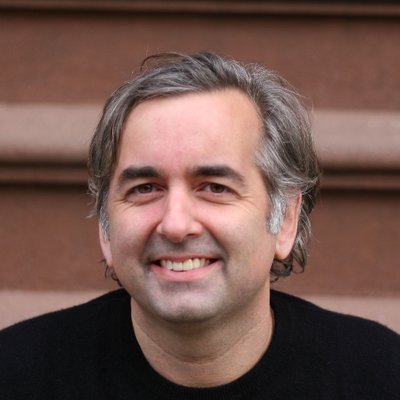
Chad Dickerson
Cornell Tech Fellow
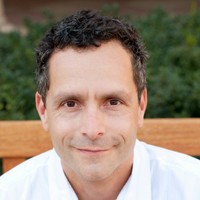
Bradley Horowitz
VP of Product at Google
How It Works
- Companies apply to participate in BigCo Studio and identify an influential Company Advisor to join our BigCo Innovation Council. Request more information here.
- Companies fill out an application where they describe their company’s vision, mission, and strategy. They can also identify areas of opportunity for students to work on. A video submission is preferred, but not required.
- Student teams will review all applications, apply to at least 3 companies, and indicate their preferences to work with each company in rank order.
- Companies will receive a copy of each student team application and rank the teams in order of preference.
- The Studio team will match the companies and teams based on mutual desire to work together. Companies can match with up to 5 teams.
- The student teams conduct research, talk to company stakeholders, and develop and test prototypes of a new product they would like to launch at their company.
- Student teams deliver a final presentation and demo to their companies.
FAQs
What types of companies participate in BigCo Studio?
BigCo Studio is for established global companies with at least 500 number of employees and at least $100,000,000+ in revenue. BigCos are comprised of distinct business units, departments, or teams that represent multiple corporate activities.
How many teams will work with each BigCo?
Each student team must have its own Company Advisor. Company Advisors can only work with one team. In most cases, this will mean that each BigCo is matched with one student team. BigCos that can provide distinct Company Advisors for multiple teams may be eligible to match with more than one student team.
Is every BigCo guaranteed to match with a student team?
No. After the submission deadline, each BigCo application is reviewed internally. Some BigCos will not move past this review stage. Once all applications are reviewed, a matching algorithm will connect student teams with BigCos, optimizing for student interests.
Is there any cost to participate?
If a BigCo matches with a student team, there is a suggested $8,000 donation to help defer the cost of operating Cornell Tech’s unconventional Studio, which includes professional teamwork coaching support for students, new materials for projects such as the latest digital devices, training for practitioner teachers, events such as monthly Sprints and practitioner Crits, and more.
What is the relationship between the companies and student teams?
BigCo Studio projects do not work for hire or internships, but real-world learning opportunities for academic credit. Company Advisors will help to guide the student teams in successfully navigating the opportunities and challenges of a BigCo and building products in a complex environment at scale.
What is the time commitment for a Company Advisor?
Company Advisors will be required to attend the BigCo Kickoff event on January 31st from 6:00pm-8:00pm to “pitch” working with their company to student teams. If the Company Advisor cannot attend, they must find someone of equal stature to fill in or plan to participate virtually (in person is preferred). Following the kickoff, Company Advisors should expect to connect with their student teams several times throughout the semester at evening “Crit” sessions at Cornell Tech. If the Company Advisor cannot attend, they should send someone of similar stature to represent the company or plan to participate virtually. The students will schedule a final presentation for the Company Advisor at the end of the semester. For Company Advisors who have participated in Product Studio, this is a more hands-on experience that requires a higher level of commitment.
How is Intellectual Property (IP) handled?
The primary purpose of the project is the education of the student. Organizations and students should define projects that are learning experiences and expose students to real-world challenges and opportunities within the organization. The ownership of any intellectual property (IP) that may be created during the project is public domain. The project is for educational purposes and any resulting intellectual property is openly shared for public benefit. IP, along with other legal matters, including confidentiality, pertaining to the project, are agreed upon at the outset of the project using the Cornell Standard Project (CSP) agreement.
Companies that are matched with a team agree to use the CSP without modifications or revisions.
Related Stories
